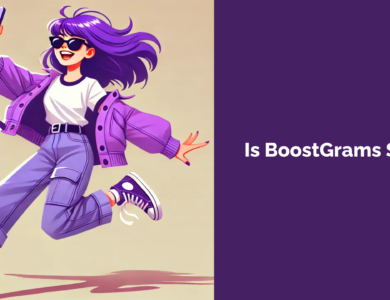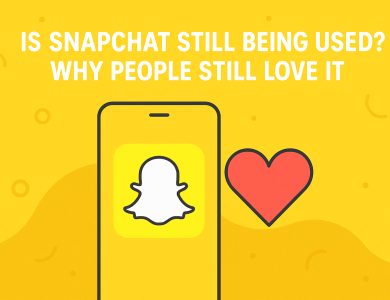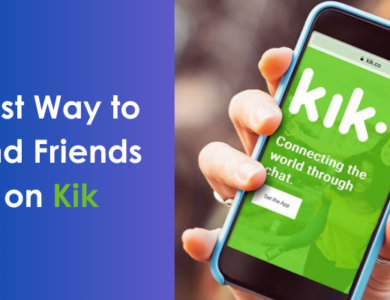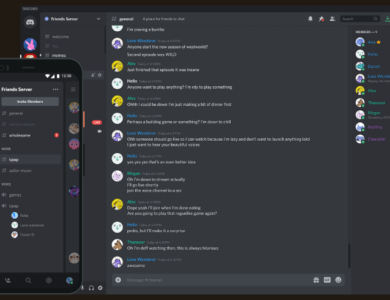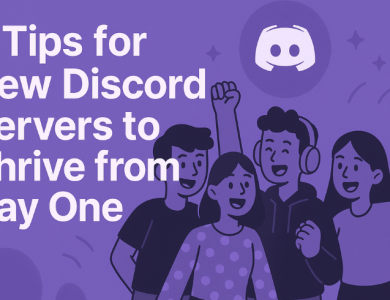When Was Spotify Created? A Journey Through the Evolution of Streaming Music

Spotify stands out today as one of the world’s most popular music streaming platforms, renowned for its expansive music library, ease of access, and highly intuitive user experience. With millions of songs, podcasts, and playlists available at users’ fingertips, Spotify has revolutionized how people engage with music and audio content. What began as a small startup with a big idea has now grown into a global powerhouse, completely reshaping the way we discover, enjoy, and share music. The journey of Spotify—from a solution to music piracy to a primary choice for listeners worldwide—is a story of innovation and perseverance that has left a lasting mark on the music industry.
The Origins of Spotify
Spotify’s story began in 2006 in Stockholm, Sweden, when co-founders Daniel Ek and Martin Lorentzon teamed up with a bold vision to transform the music industry. At the time, music piracy was rampant, with platforms like Napster making it easy for users to download music for free but leaving artists and the industry struggling. Ek and Lorentzon aimed to tackle this problem by creating a platform that would offer people a legal, user-friendly way to access a vast music library.
However, building Spotify wasn’t without challenges. Securing music licenses was a complex and time-consuming task, as many record labels were hesitant to support a digital streaming model they hadn’t seen succeed before. Convincing them to partner with Spotify required persistence and a strong case for why this platform could be the solution to piracy. Despite the hurdles, Ek and Lorentzon’s dedication to creating a legitimate and accessible music service laid the foundation for Spotify’s future success, marking the beginning of a new era in digital music consumption.
Spotify’s Official Launch and Milestones
Spotify officially launched to the public in October 2008, initially offering access in select European countries. What set Spotify apart from other music services at the time was its innovative freemium model, which allowed users to enjoy music for free with ads or opt for a premium subscription to enjoy an ad-free experience. This approach quickly gained traction, as listeners embraced the flexibility and extensive access to music without needing to download individual tracks. The freemium model turned out to be a game-changer, giving Spotify a solid foundation to expand its user base and revenue.
As Spotify grew, so did its ambitions. The platform expanded internationally, reaching the United States in 2011 and gradually rolling out in additional countries. Spotify forged key partnerships, including collaborations with Facebook and various telecommunications companies, which helped increase its visibility and subscriber base. In addition to music, Spotify began offering podcasts in 2015, which added an entirely new dimension to its content. By 2019, Spotify had cemented its place as a leader in both music and podcast streaming, offering exclusive shows and unique content for its users.
One of Spotify’s most significant milestones came in 2018, when the company went public on the New York Stock Exchange. This event underscored Spotify’s influence and success, further establishing its status as a major player in the music industry. Today, Spotify continues to shape the way people interact with music and audio content, maintaining a powerful presence in the global music streaming market. With constant innovations and a deep understanding of its users’ preferences, Spotify remains a central figure in the evolution of digital music.

